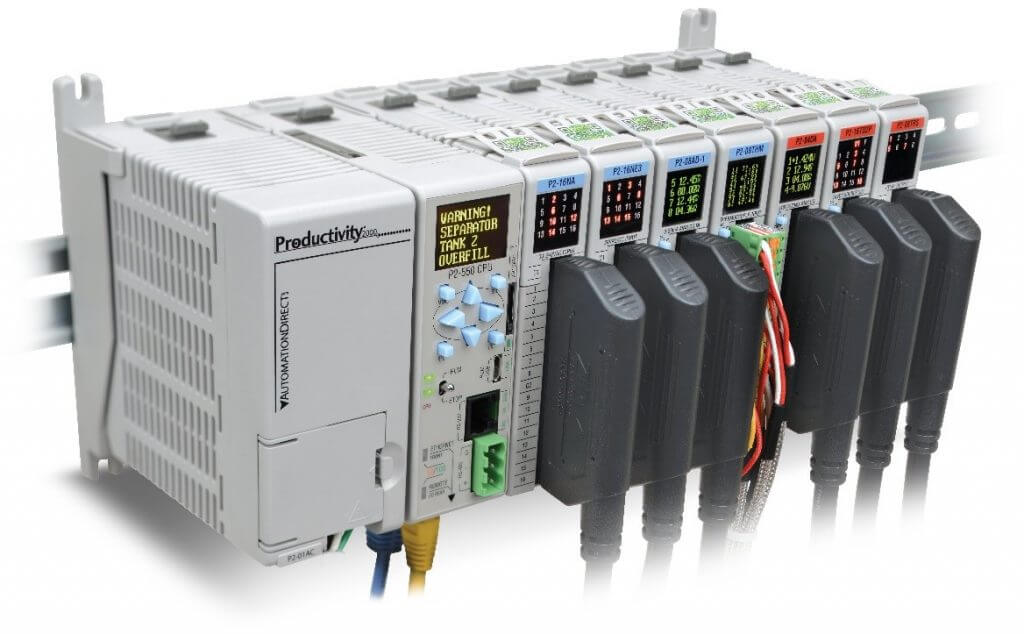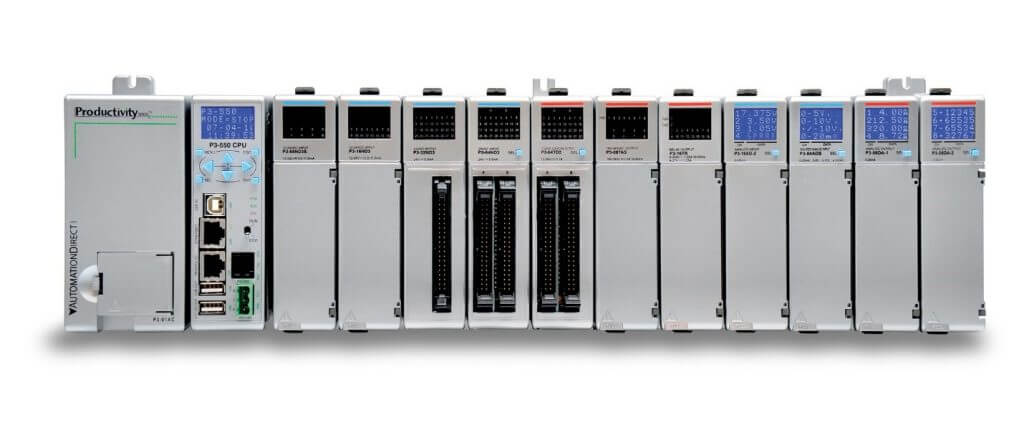Our Productivity2000 and Productivity3000 PLCs have been used successfully over the years in many industries, even those that constantly evolve with new standards, techniques, and acceptable practices. One specific industry is the marine or maritime industry which includes yacht construction among other areas. To build a quality-certified vessel, a yacht builder can choose to apply certain rules and standards set forth by one of 12 major ship classification societies, all members of the International Association of Classification Societies.

These organizations confirm that vessel design and engineering meet certain guidelines, survey ships and structures during the process of construction and commissioning, and periodically survey vessels to ensure that they continue to meet the standard. In most cases a classification certificate issued by a recognized class society is required for a ship’s owner to register the ship and obtain marine insurance and may also be required for a ship’s entry into some ports or waterways making it a big concern for charterers and potential buyers.
Westport Yachts, headquartered in Washington State, is a long-time AutomationDirect customer and has been using Productivity PLCs in their yacht builds for years. Tom Fox, Westport’s Engineering Coordinator, shares why they adhere to ABS (American Bureau of Shipping) standards with many of their builds, “Almost all commercial vessels are classed by one of the classification societies, and we have chosen to use ABS because it’s the US classification society and has some of the more rigorous certification requirements. We do this to separate our product from the competition that doesn’t class a similar vessel or uses a less recognized (often less stringent) class society.”

Tom further explains that yachts have many systems on board and depending on their function may or may not require a certification, “If you were to design and build some cool convertible bar or high/low table that moves based on PLC control, ABS wouldn’t care about what was used to control the motion of a ‘non-critical’ component. However, if you wanted to control an elevator that carries people, or when it comes to steering/engine control or fire detection and alarming, they would definitely look for type approval for that control equipment.”
Westport had experienced the benefits of using Productivity PLCs on less critical systems, but wanted to expand those benefits vessel-wide to include the critical systems. Unfortunately, at the time, Productivity PLCs were not an option for critical systems since they lacked the appropriate ABS certification. Tom states, “Back in 2006 we launched our first ABS classed vessel, our 50m motor yacht. We had exposure to a number of AutomationDirect parts but couldn’t specify them because they were not type approved. Instead, we were forced to choose another manufacturer with the right approvals but a much higher cost. Because of all the things we like about AutomationDirect such as cost, service reliability, etc. we would have preferred to use AutomationDirect but simply couldn’t due to lack of ABS type approval.”

Using a non-certified controller in a critical application can be quite costly in the long run for a vessel builder, but luckily FACTS Engineering and AutomationDirect went the extra mile to support Westport and the maritime industry as a whole. According to Tom, “Having a type approved component, like the Productivity2000 or Productivity3000 PLC, makes it much easier on the builder/integrator to have their system approved as all the testing of the component has been done and no further review of the hardware components is required. On the other hand, if a builder wanted to use a component that was not already type approved, they would have to go through specific unit testing which can be costly, time consuming, and not guaranteed to pass. This unit testing is essentially what must be done for type approval, except on an individual basis and would be required to happen again if the builder wanted to use the same part on another vessel. Fortunately for us, FACTS Engineering (manufacturer of Productivity PLCs), our vendor (Quantum Automation), and AutomationDirect put in the effort and expense to get the type approval done which allowed us to re-specify our PLC systems with AutomationDirect parts which we prefer.”
If you would like to learn more about the ABS certification, you can find details here. To learn more about Productivity controllers and their features/benefits, head on over to www.ProductivityPLCs.com
Originally Published: September 2020

